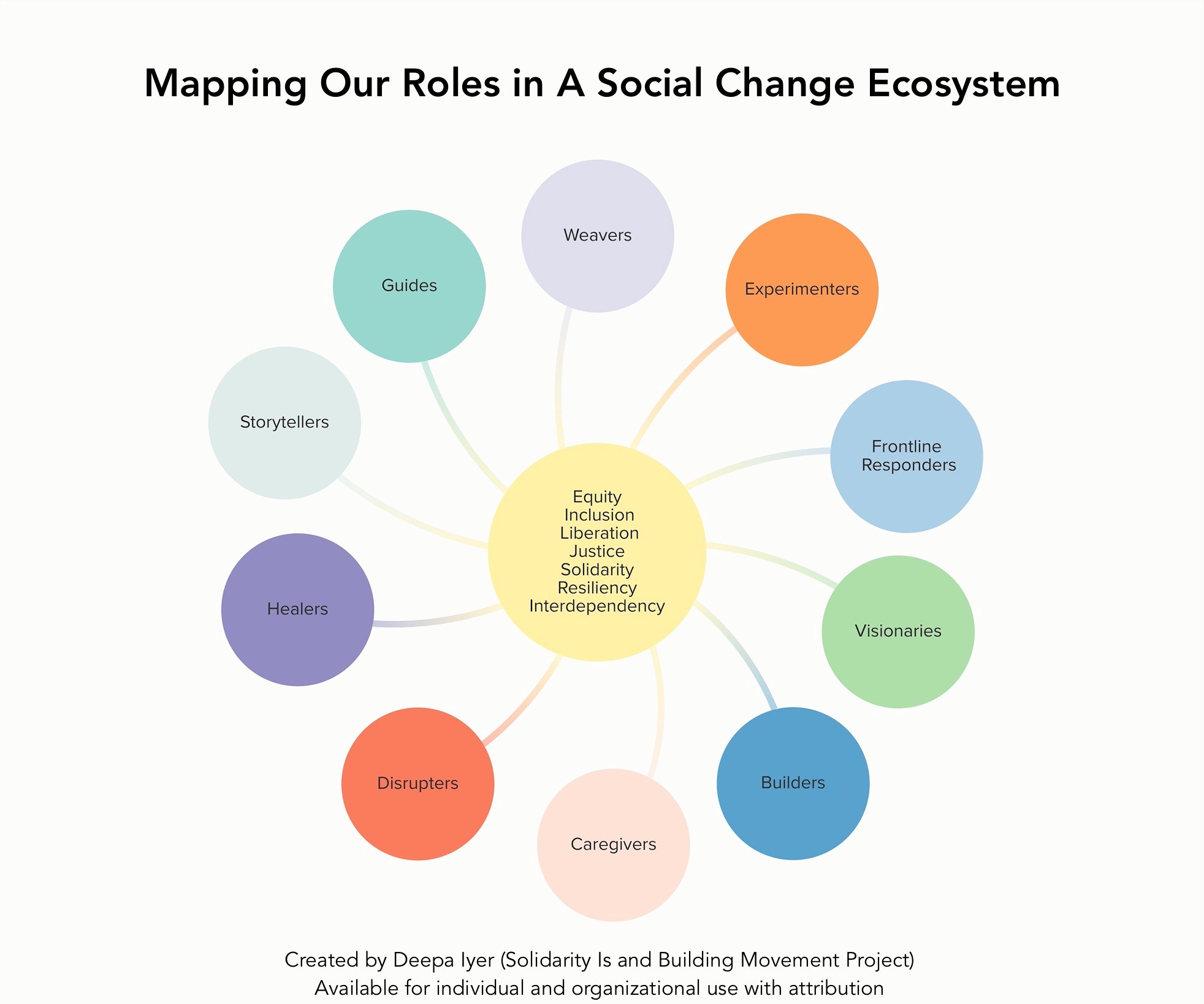
Nearly two weeks ago, George Floyd died as a Minneapolis city police officer knelt on his neck for 8 minutes and 46 seconds. Many of us living in the Twin Cities and all around the world have watched the video of his murder. We have heard his desperate final cries, “Please I can’t breathe.” Cries that went heartlessly unheeded in those moments. Cries that then compelled people around the world to protest a long history of police brutality against people of color in the United States.
Demands for reform continue because entrenched systemic racism is woven deeply into our country. This racism is at odds with the very values of liberty and justice espoused in our founding documents. Even more so, it contradicts the most basic claim of Christian faith that all people are created in God’s image; the visions of shalom (wholeness and wellbeing) and koinonia (union and communion with one another and God) that stretch throughout the entire Christian scripture; and, the persistent call to compassion and justice for those who are vulnerable, marginalized, despised, forgotten and rendered invisible.
Given all this, many of us may be asking the question, what can I do right now to make a difference in my home, my work, my church, my community and beyond? How can I be faithful and do my part in dismantling racism? There are numerous news articles that list concrete actions to take, like this one, “100 ways you can take action against racism right now.” Imagine what we might accomplish if we all chose one of these actions each day.
Another approach comes from Deepa Iyer who has mapped the many roles needed in the work of justice, healing, and reconciliation. Her map reflects a diversity of skills, insights, perspectives, and ways of being in relationship to other persons and organizations. We’ve seen so many of these people with distinct roles and gifts in the news every day, and that has given me much hope and reminded me of the beauty of humanity in the midst of trauma writ large.

Weavers see through-lines of connectivity between people, places, organizations, ideas, and movements.
Experimenters innovate, pioneer, and invent. They take risks and course-correct as needed.
Frontline Responders address community crises by marshaling and organizing resources, networks, and messages.
Visionaries imagine and generate our boldest possibilities, hopes and dreams, and remind us of our direction.
Builders develop, organize, and implement ideas, practices, people, and resources in service of a collective vision.
Caregivers nurture and nourish the people around me by creating and sustaining a community of care, joy, and connection.
Disruptors take uncomfortable and risky actions to shake up the status quo, to raise awareness, and to build power.
Healers recognize and tend to the generational and current traumas caused by oppressive systems, institutions, policies, and practices.
Storytellers craft and share community stories, cultures, experiences, histories, and possibilities through art, music, media, and movement.
Guides teach, counsel, and advise, using their gifts of well-earned discernment and wisdom.
If you are wondering what you can do right now to participate in God’s ministry of justice and healing, it might help to contemplate these questions in light of this framework of social change:
- Who am I? What if any of these roles most fits who I am or what I am trained to do?
- How can I carry out this role in my community, my place of work, my home, and elsewhere?
- How can what I do (e.g., as a caregiver, nurturer, weaver, disruptor and so forth) confront and transform prejudice, discrimination, and racism?
- Who do I need to join in this? What groups and organizations can I accompany in this common work?
- Who do I need to listen to and learn from as I do this now? (People of color need to be at the top of this list for all of us who are white.)
As always, we hope you find that the practices of retreat – prayer, meditation, poetry and music, mindfulness, and nature activities – sustain you in this good and necessary work, knowing that God goes before us in all of it.
This week we share a video: Race, Justice and Mindfulness. In it, Rhonda Magee, Professor of Law at the University of San Francisco and author of The Inner Work of Racial Justice: Healing Ourselves and Transforming our Communities through Mindfulness, and Jon Kabat-Zinn, founder of mindfulness-based-stress reduction, mindfulness teacher and author, lead a conversation addressing society’s pain, inequity and disenfranchisement through the lens and practices of mindfulness, wisdom and compassion.
*Theresa F. Latini, Ph.D. is the Executive Director of Mount Olivet Conference & Retreat Center and an ordained minister in the Presbyterian Church (USA)